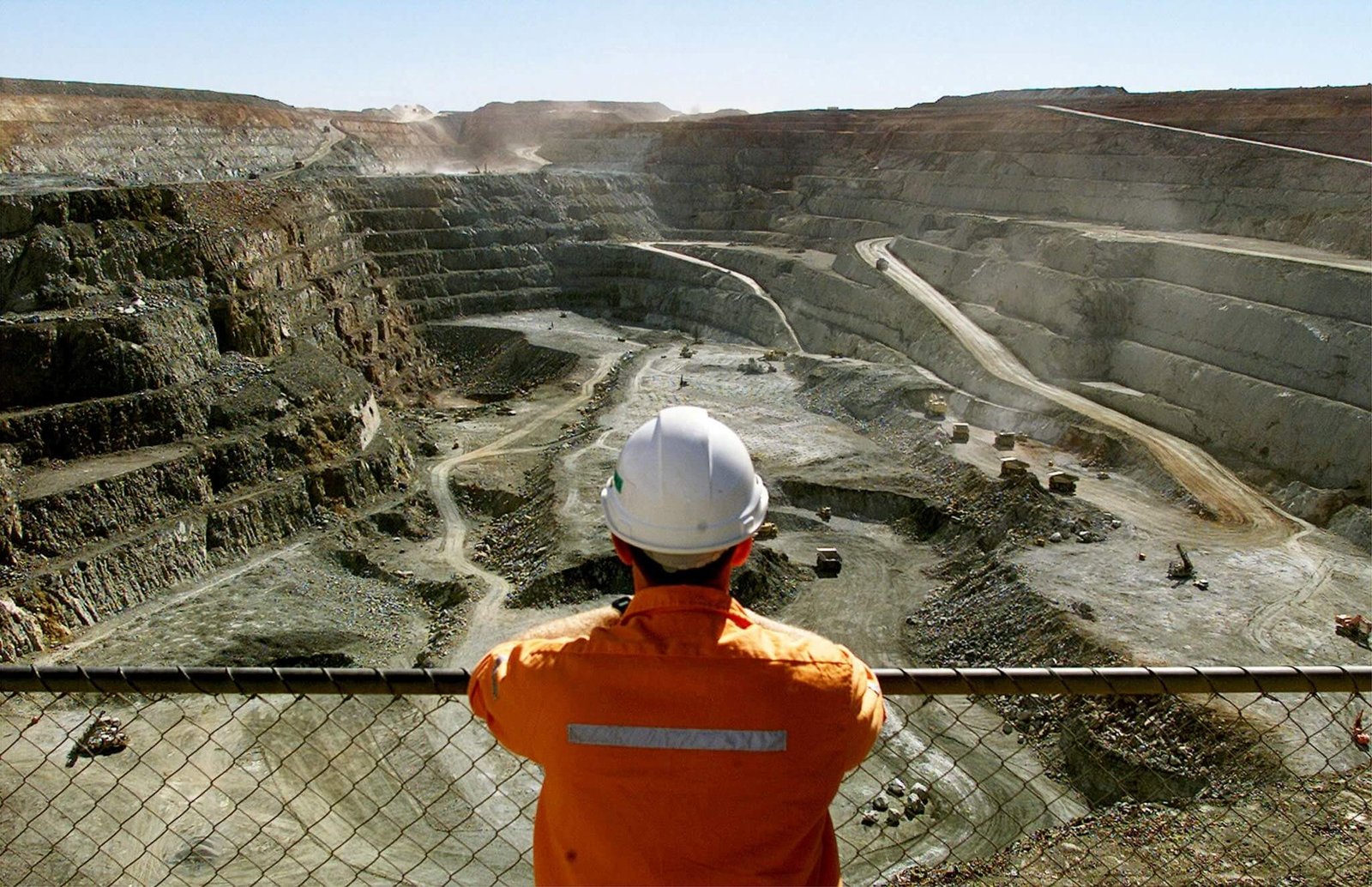Mining Taxation Plans by Biden Administration May Hinder US Mineral Independence

Controversial Tax Proposals on Mining
The Biden administration is considering increasing taxes on mining activities within the United States. A report by an interagency group led by the Interior Department suggests imposing royalty payments on minerals and a separate "dirt tax" on material moved during mining and reclamation processes. This "dirt tax" would target the vast amounts of non-valuable material typically displaced in mining operations, potentially adding significant costs to the industry.
Contradiction in US Mining Policy
These tax proposals seem to contradict the administration's stated objectives of bolstering domestic mining and reducing reliance on foreign, particularly Chinese, mineral supplies. These minerals, which include lithium, cobalt, and rare earths, are crucial for developing clean-energy technologies. The proposed taxation approach could act as a substantial deterrent to US mining operations, potentially leading to mine closures and increased dependence on imports.
Implications for Domestic Mining and Supply Chains
The proposed taxes could make many mining operations in the US unprofitable, intensifying reliance on foreign suppliers and undermining efforts to secure domestic supply chains for critical battery metals. About half of the battery metals for electric vehicles and renewable energy storage are currently imported from China, a major player in the global mineral market.
Need for Permitting Reforms
In addition to taxation issues, the US mining industry faces lengthy permit processes, often taking over 20 years from exploration to production. Although the Congress passed legislation to expedite these processes, implementation has been slow. Streamlining permitting and setting limits on court challenges under the National Environmental Policy Act are essential steps toward efficient mining operations.
Reevaluating Taxation Strategies
The report suggests that the US needs to reconsider its approach to taxing domestic mineral production. Higher taxes could disincentivize mining in the US, countering the nation's objectives of becoming more self-reliant in critical mineral production and supporting clean energy technologies.
Robert W. Chase, a former professor and head of the Petroleum Engineering and Geology Department at Marietta College and a registered professional engineer, highlights the potential negative impact of these proposed taxes on the US mining industry.





